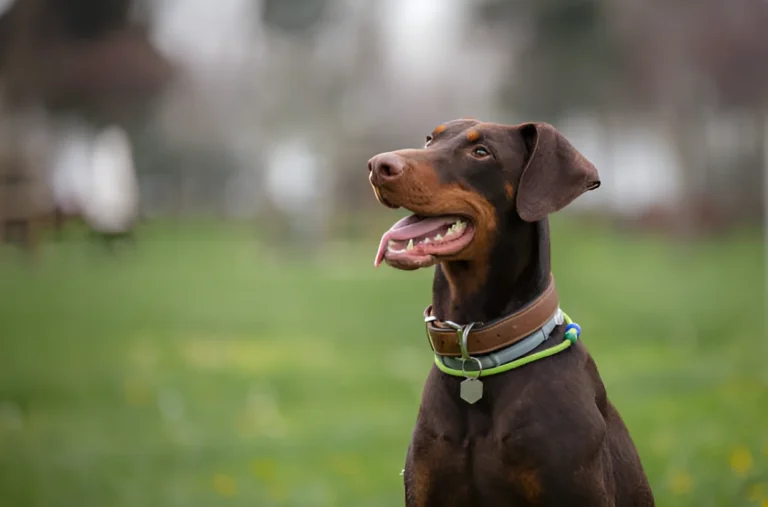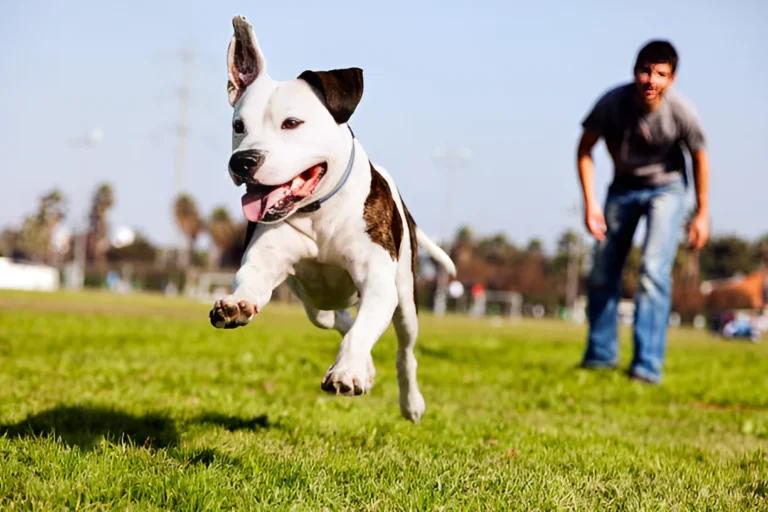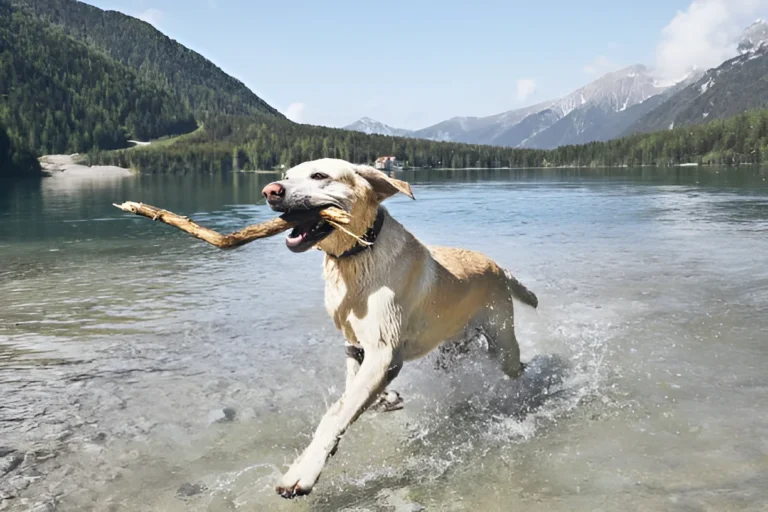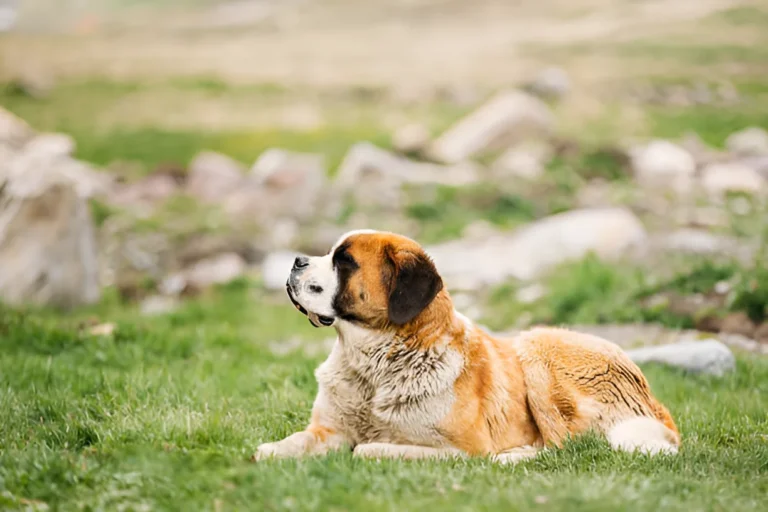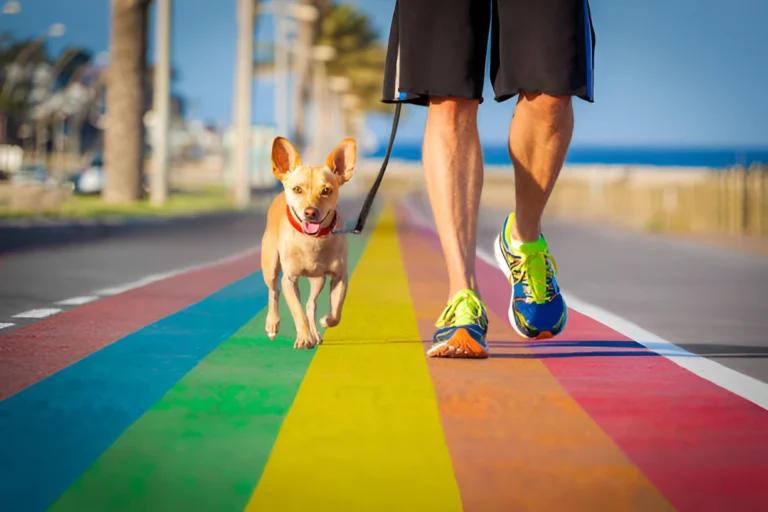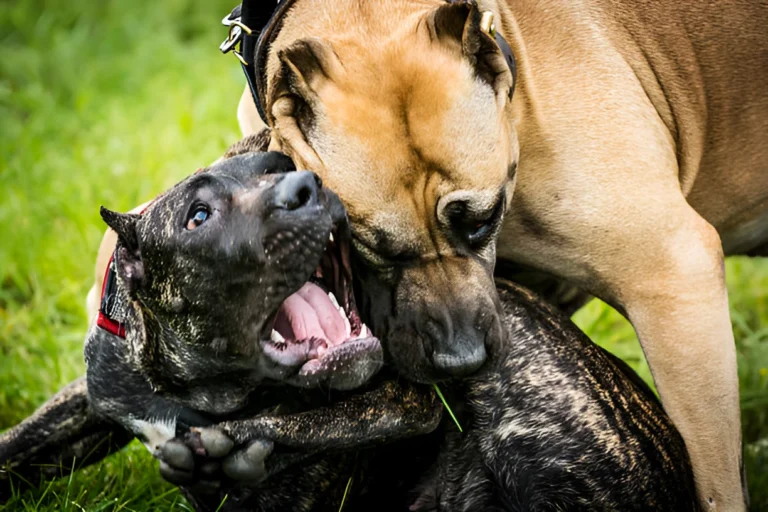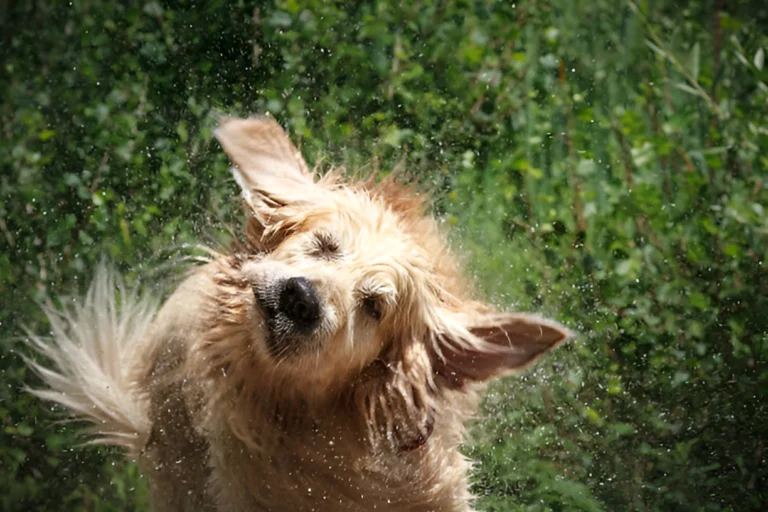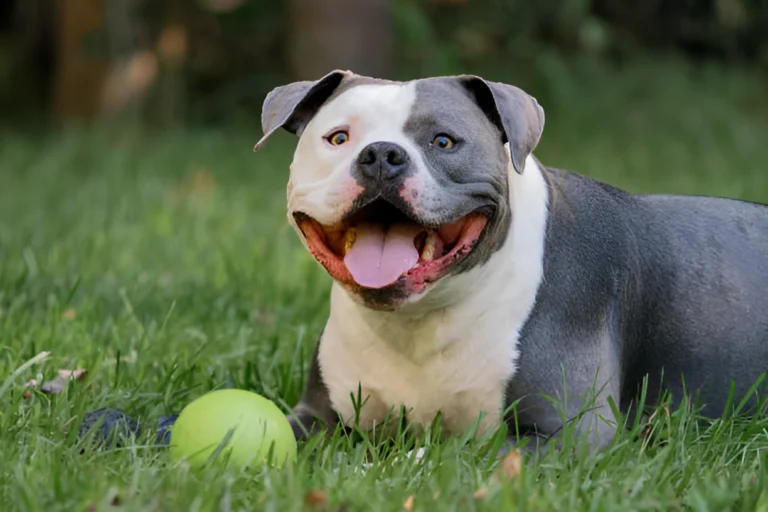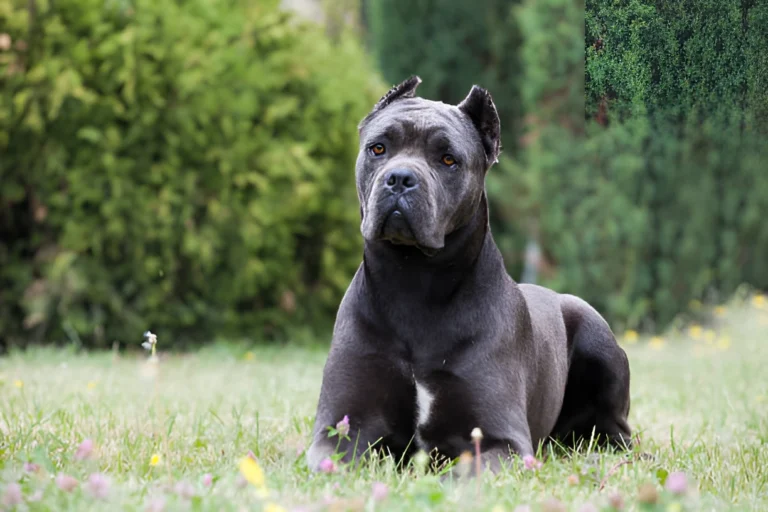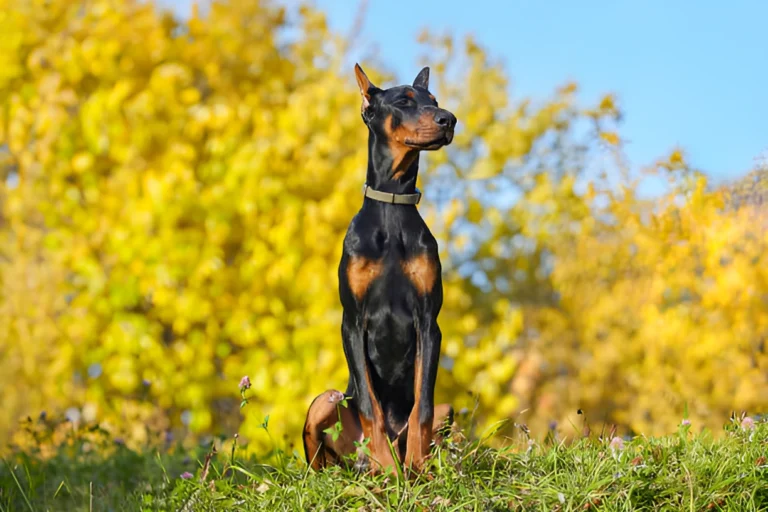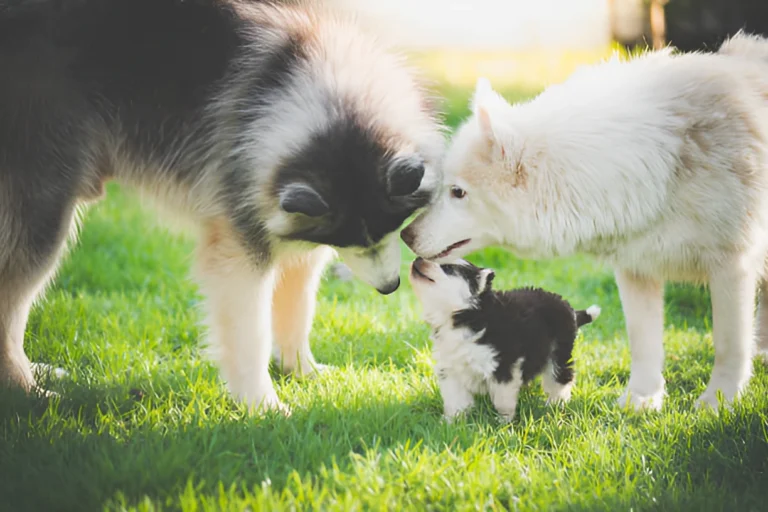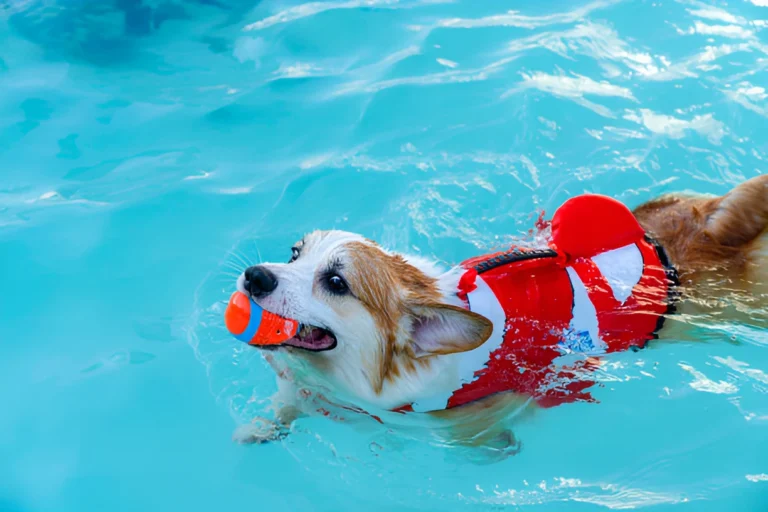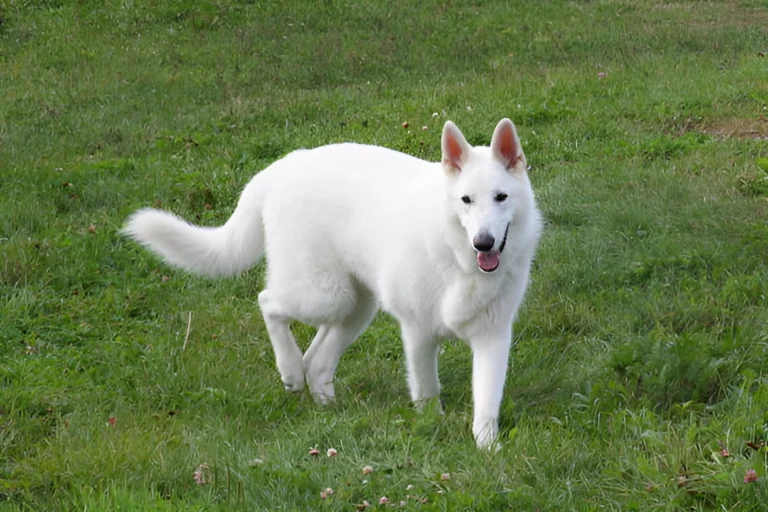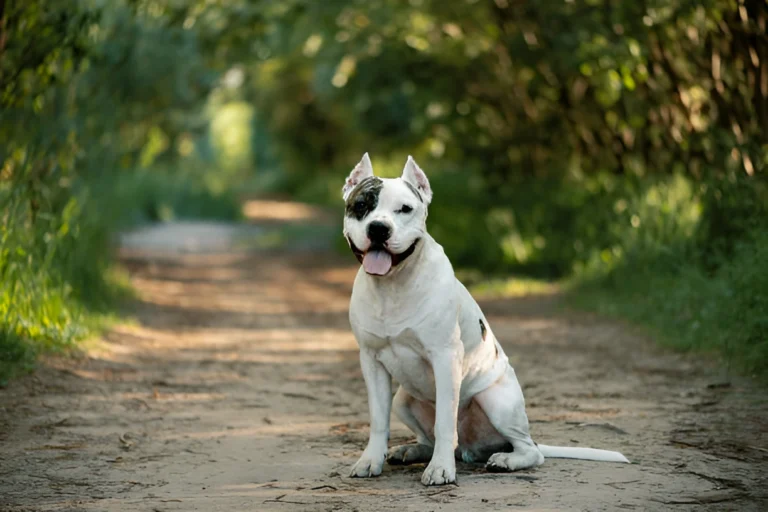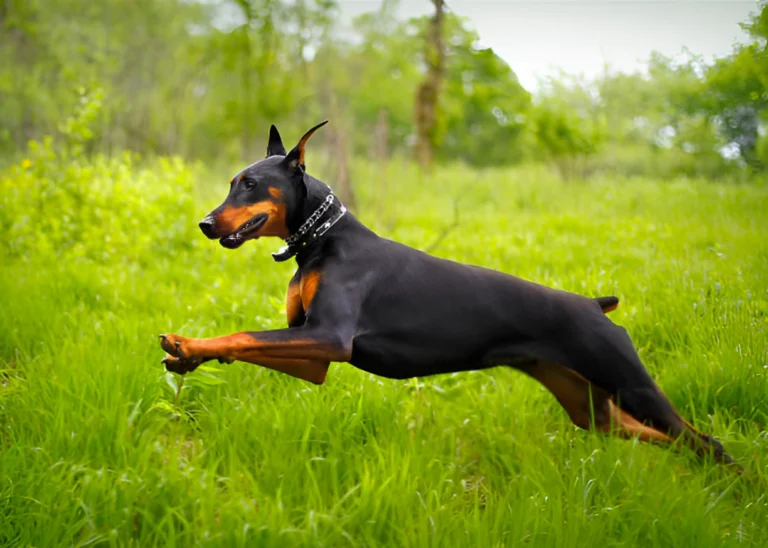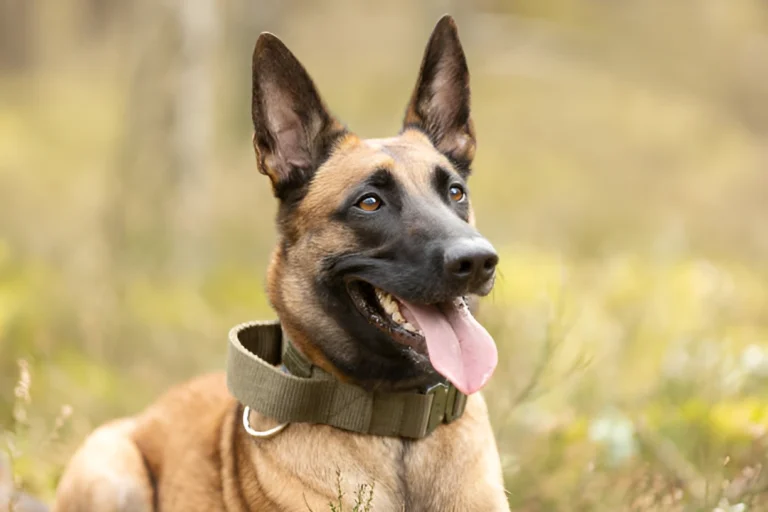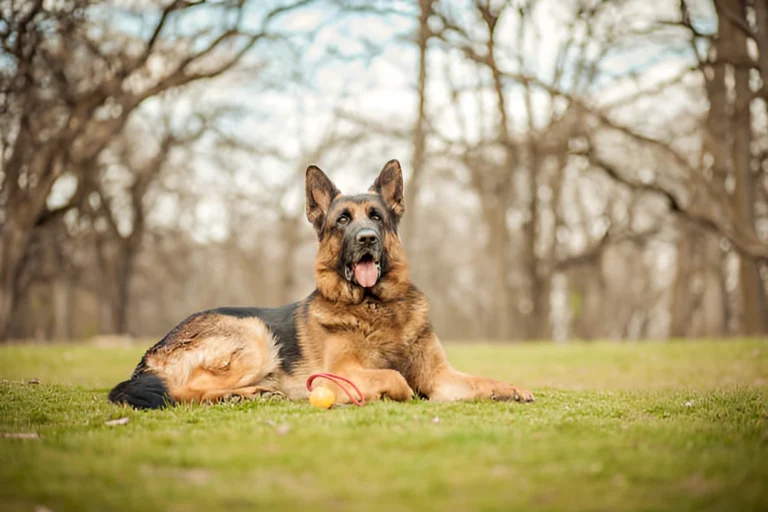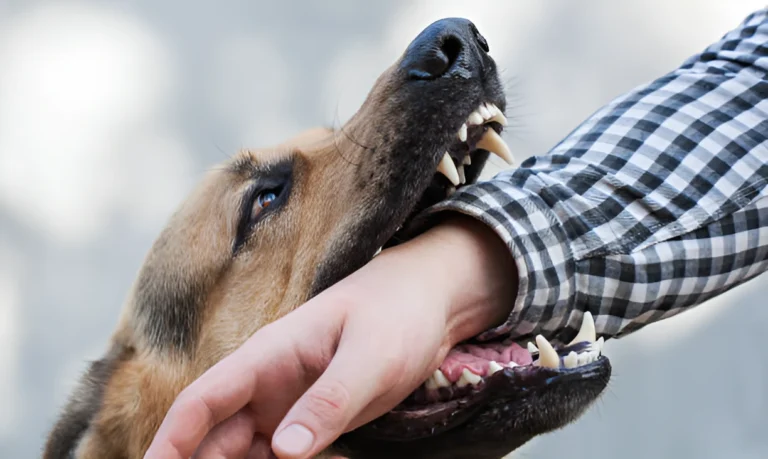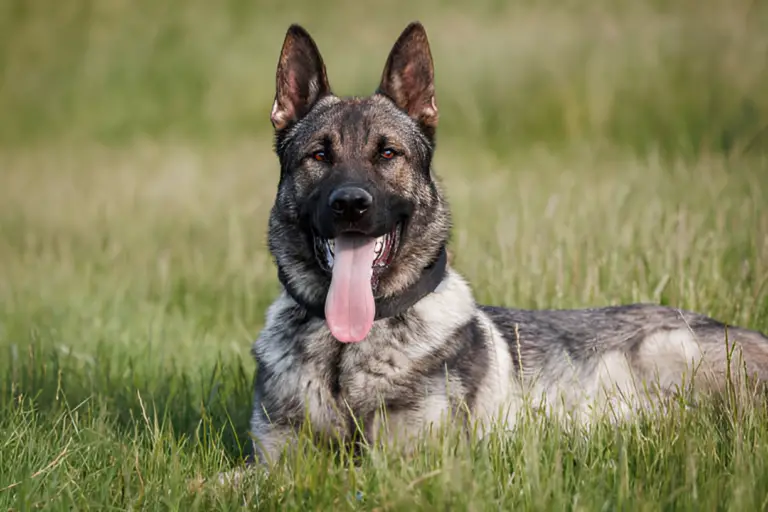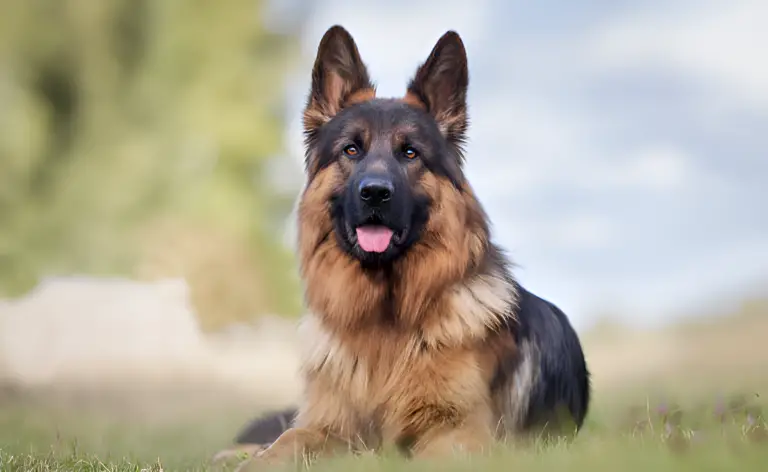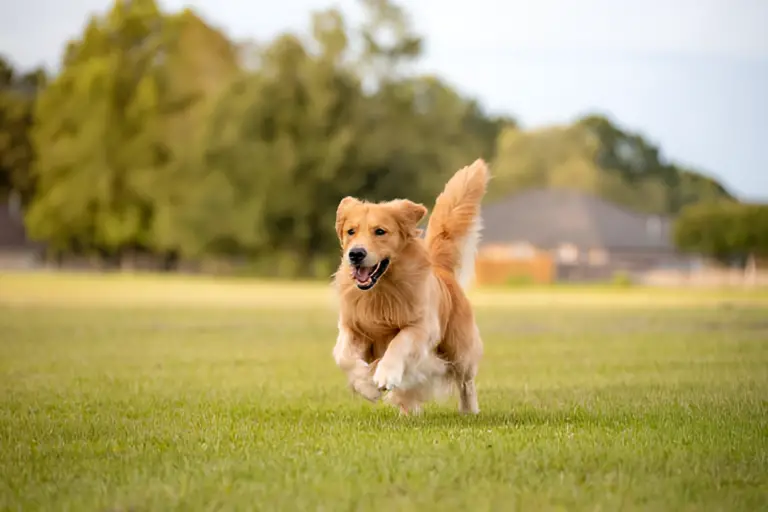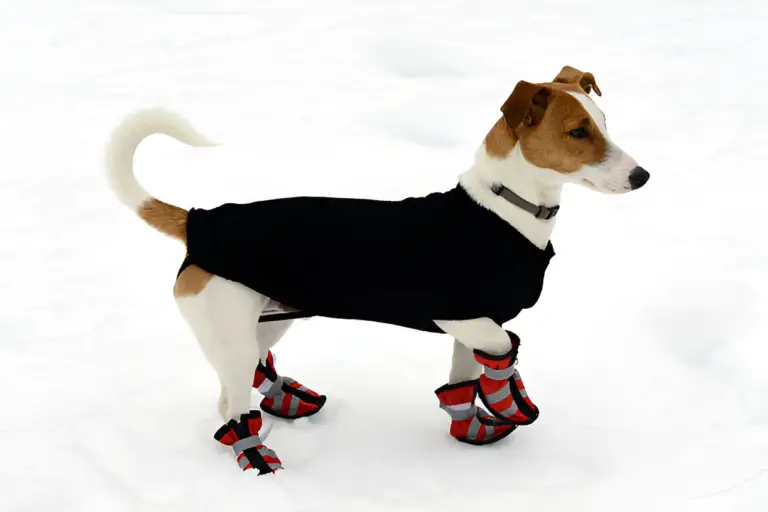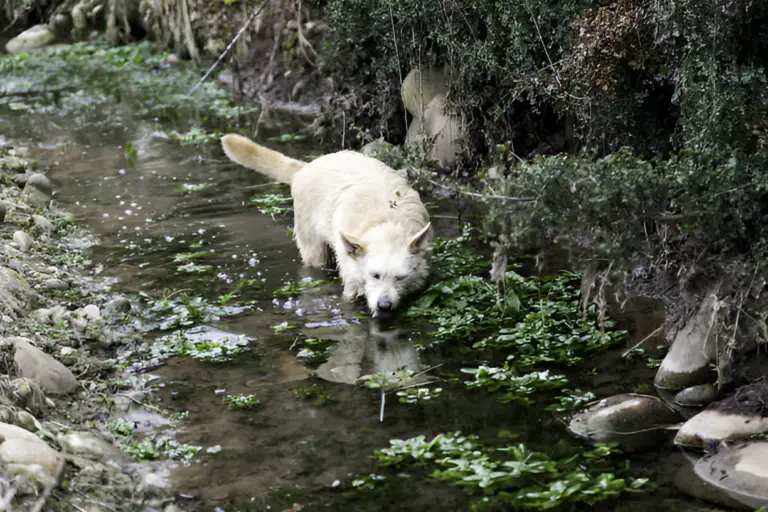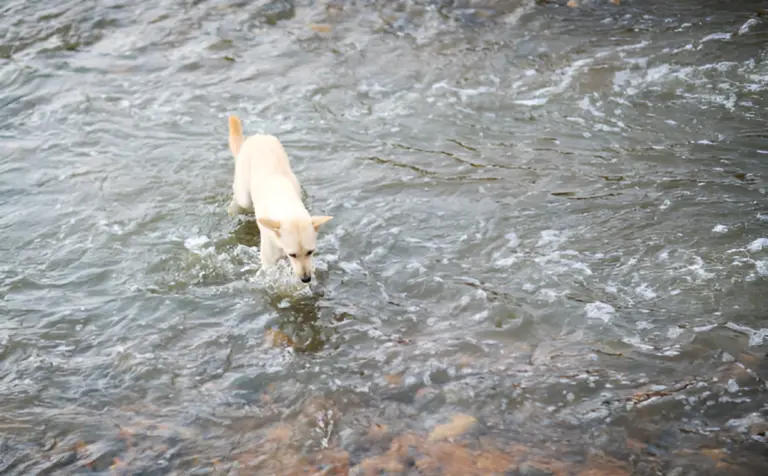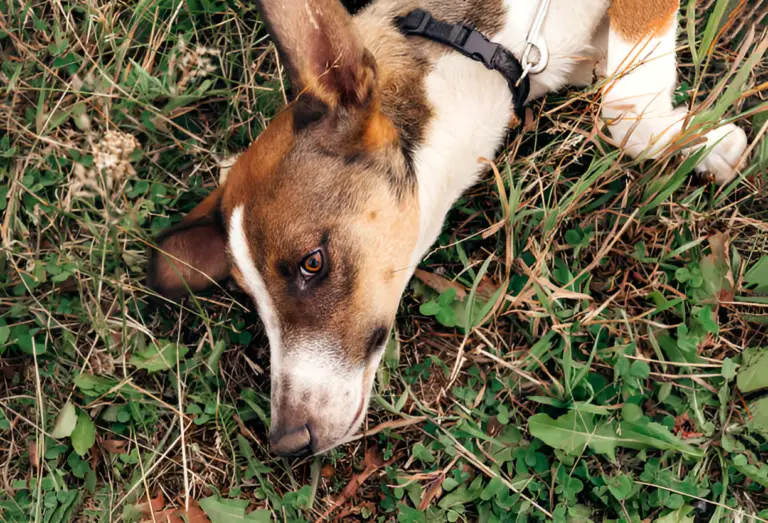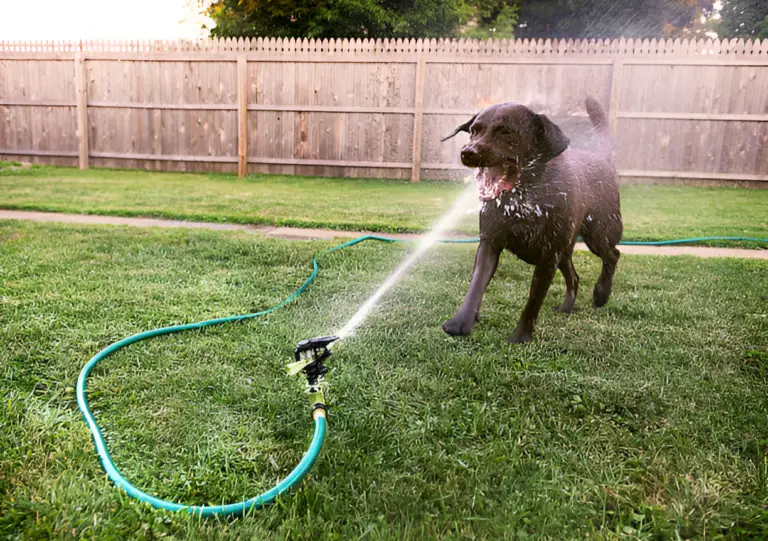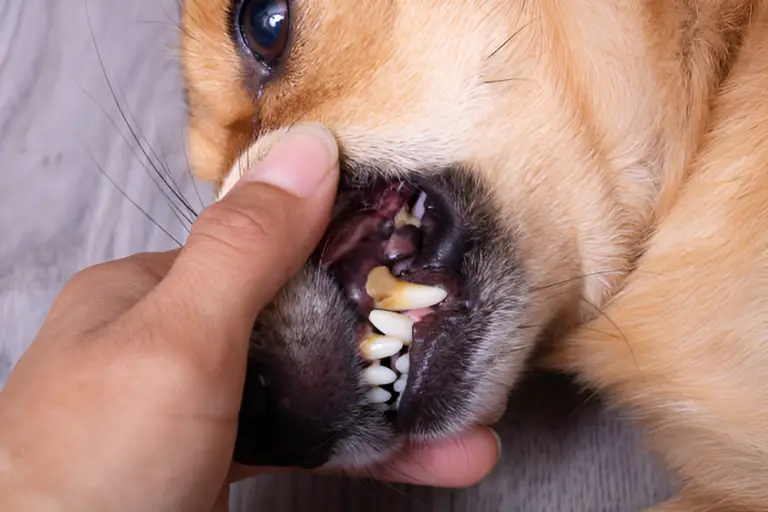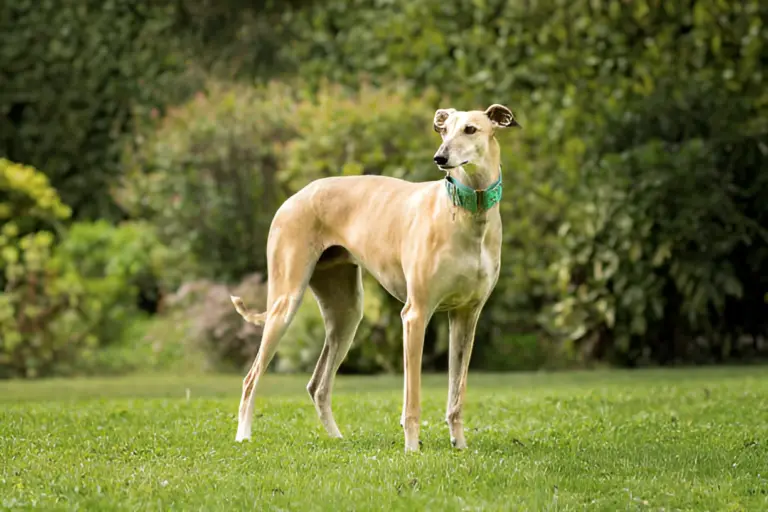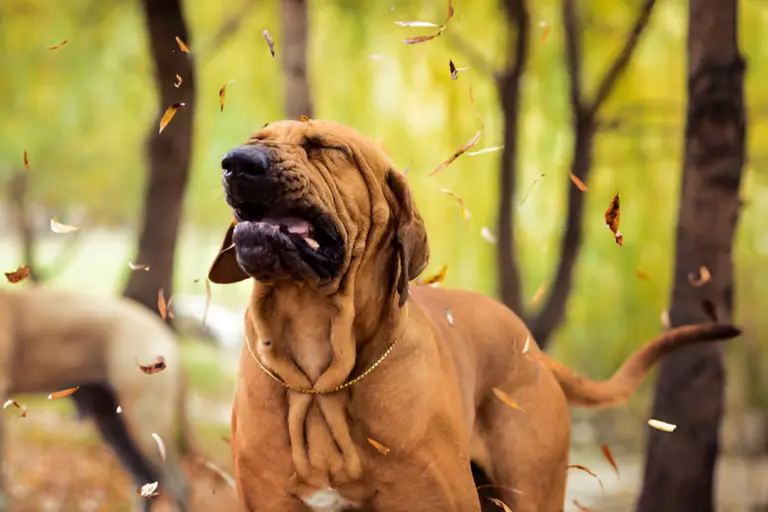The primary difference between a Bloodhound and a Redbone Coonhound lies in their history, appearance, and tracking abilities. While both are excellent tracking dogs, their distinct characteristics set the apart. Hound dogs have been celebrated for centuries for their exceptional tracking and hunting skills. Among the most distinguished are the Bloodhound and the Redbone Coonhound. Despite sharing a common vocation, these two breeds exhibit notable differences in their history, appearance, and temperament. This comprehensive guide will help you understand these differences, aiding you in making an informed decision if you’re considering bringing one of these remarkable breeds into your home. History and Origins Bloodhound: The Bloodhound’s history dates back to the medieval monasteries of Belgium and France, where they were bred by monks for their unparalleled scent-tracking abilities. They were later refined in England and have earned a reputation as the gold standard for scent hounds. Redbone Coonhound: The Redbone Coonhound, on the other hand, has its origins in the southern United States. Developed from Foxhounds and Bloodhounds, they were specifically bred by American settlers to hunt raccoons, hence the name “Coonhound.” Physical Characteristics Bloodhound: Bloodhounds are known for their distinctive loose skin, long ears, and droopy eyes, which contribute to their excellent scenting ability. They typically have a short, dense coat that can be black and tan, liver and tan, or red. Redbone Coonhound: Redbone Coonhounds are easily recognizable by their sleek, muscular build and striking red coat. They have a more streamlined appearance compared to the Bloodhound, with shorter ears and a high-set tail. Temperament and Personality Bloodhound: Bloodhounds are renowned for their gentle and affectionate nature. They are incredibly patient and good-natured, making them great family pets. However, their strong prey drive and single-minded focus on following scents can make training a challenge. Redbone Coonhound: Redbone Coonhounds are known for their enthusiastic and friendly personality. They are more energetic and playful than Bloodhounds, requiring plenty of exercise and mental stimulation. Their intelligence and eagerness to please make them relatively easier to train compared to Bloodhounds. Health and Care Bloodhound: Bloodhounds are prone to several health issues, including hip dysplasia, bloat, and ear infections due to their long ears. Regular vet check-ups, a balanced diet, and proper grooming are essential to keep them healthy. Redbone Coonhound: Redbone Coonhounds are generally healthy dogs but can be prone to hip dysplasia and eye conditions. They require regular exercise to maintain their muscular build and a proper diet to keep them in optimal health. Training and Socialization Bloodhound: Training a Bloodhound can be a test of patience. Their exceptional scent-tracking ability often leads to distraction. Early and consistent training using positive reinforcement is crucial. Socialization from a young age helps them develop into well-rounded dogs. Redbone Coonhound: Redbone Coonhounds are more trainable due to their eager-to-please nature. They respond well to positive reinforcement and enjoy activities that challenge them mentally and physically. Early socialization is also important for this breed. Exercise Needs Bloodhound: Bloodhounds require moderate exercise to keep them fit. Daily walks and scent-tracking games are ideal. They enjoy outdoor activities but should be kept on a leash due to their strong prey drive. Redbone Coonhound: Redbone Coonhounds have higher exercise needs compared to Bloodhounds. They thrive on daily vigorous exercise, including long walks, runs, and playtime in a secure area. They are also excellent companions for outdoor adventures. Grooming Bloodhound: Bloodhounds have a short coat that is easy to maintain with regular brushing. Special attention should be given to their ears and skin folds to prevent infections. Redbone Coonhound: Redbone Coonhounds have a short, smooth coat that requires minimal grooming. Regular brushing and occasional baths will keep them looking their best. Their ears should be checked regularly to prevent infections. Suitability for Families Bloodhound: Bloodhounds are great for families who can provide a calm and structured environment. They are patient and gentle with children but may not tolerate rough play. Their strong scent drive means they need a secure yard to prevent them from wandering off on a scent trail. Redbone Coonhound: Redbone Coonhounds are excellent family pets for active households. They are playful and energetic, making them great companions for children. Their friendly and outgoing nature makes them a hit at family gatherings and social events. Conclusion In summary, both the Bloodhound and the Redbone Coonhound are remarkable hound breeds, each with its unique set of characteristics. Bloodhounds are gentle giants with a strong focus on scent tracking, while Redbone Coonhounds are energetic and versatile hunters. Understanding their differences will help you choose the breed that best suits your lifestyle and preferences. The photo featured below the post headline is Credit: mariakbell/istockphoto I hope you find this post helpful and informative. If Yes’ feel free to share it with … Read more

